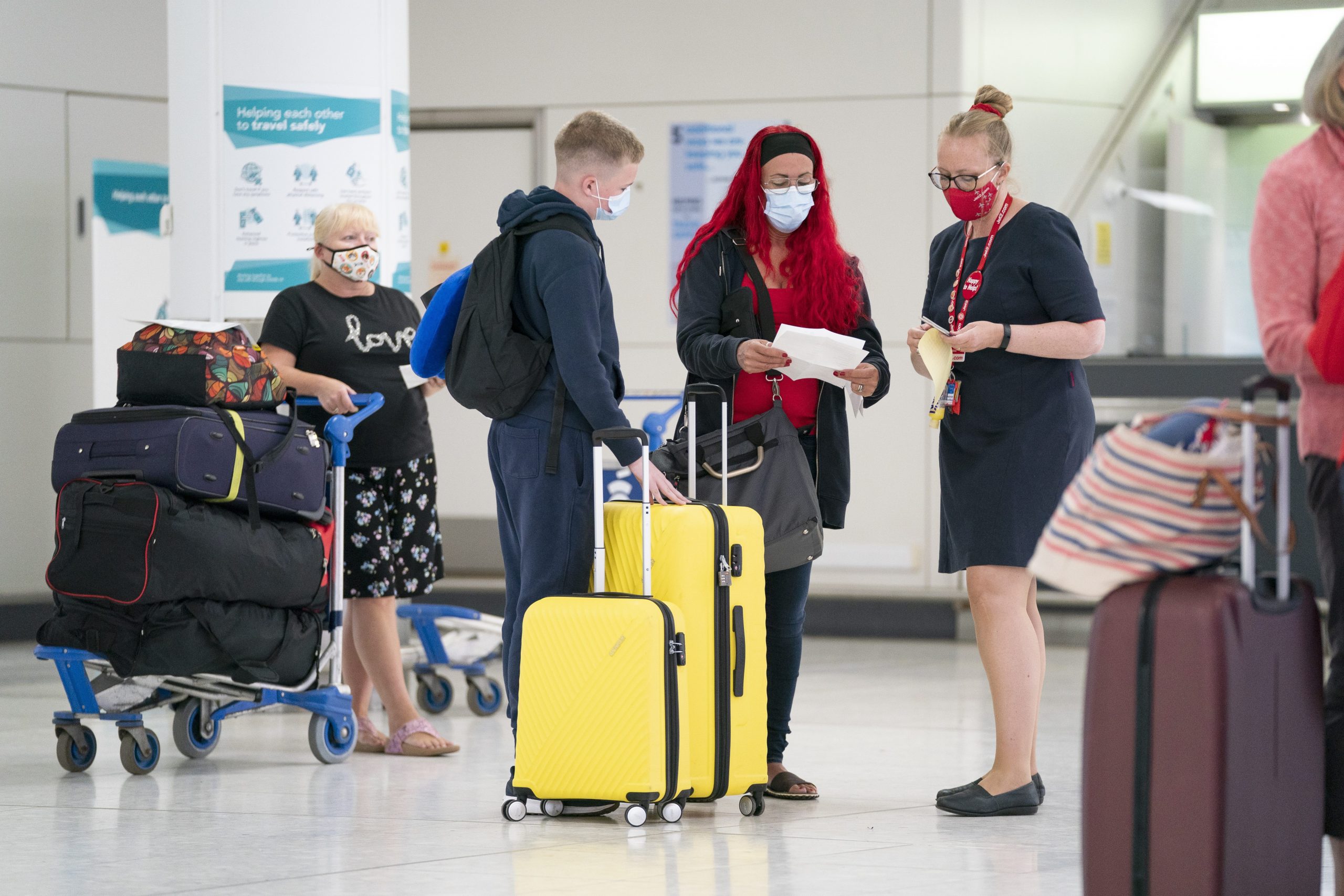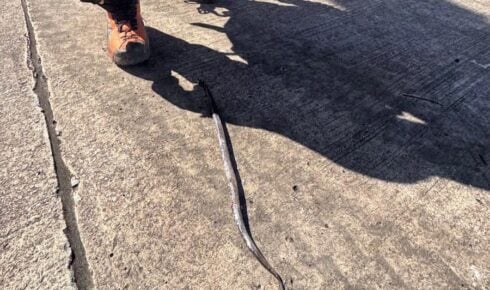TRAVELLERS from non-EU countries will be allowed entry to Spain if they have a COVID-19 recovery certificate, in the latest loosening on travel restrictions.
Until now Spain had only allowed tourists from ‘high risk’ third countries if they were fully vaccinated with EU-approved vaccines and had a certificate to prove it.
But Spanish authorities have relaxed the rules and now allow all WHO approved vaccines as well as certificates proving that a traveller has recovered from COVID within the last six months.
The rule changes affecting non-essential travel were published in the Spain’s state bulletin the BOE on Saturday February 26 and came into force immediately.
“People with a vaccination certificate OR a recovery certificate recognised by Spain’s Health Ministry” are authorised to enter Spain, the notice said.
It explained: “Those issued at least 11 days after the first positive NAAT or RAT, and up to a maximum of 180 days after the date of the test”.
To clarify, an NAATs – nucleic acid amplification tests – are usually PCR tests whereas RATs stand for rapid antigen tests. The tests must have been carried out by an accredited laboratory meaning self-test kits are not valid.
Recovery certificates must be recognised documents issued by health authorities in the travellers home country, such as an NHS pass.
Although the rules have been relaxed somewhat for non-EU/EEA nationals for non-essential travel, some proof of either vaccination or recovery is required.
Those non EU/EEA citizens who are unvaccinated and do not have a recovery certificate are still banned unless their reason for travel falls into one of the exemptions that does not include tourism.
The rules apply to all travellers over the age of 18, although travellers aged between 12 and 17 who are not fully vaccinated can instead present a negative test.
Spain changed the rules on February 14, just in time for UK halfterm, to allow those aged 12-17 who don’t have a full vaccination record to instead produce a negative PCR test taken 72 hours before travelling.
Children aged under 12 don’t need a PCR test or vaccination record.
Current rules also demand that the last dose of a vaccine must have been administered between two weeks prior and within nine months of entry – so for many people proof of a booster is now required.
All travellers arriving in Spain will need to fill out a Health Control Form prior to their arrival. The link to the form can be found HERE.
For a list of third countries considered ‘low risk’ and therefore exempt from entry restrictions, including Australia, New Zealand, Chile, UAE, check the Spanish government website HERE:
READ MORE:
- Spain abolishes full COVID-19 vaccination rules for UK children aged 12 and over
- TRAVEL UPDATE: Do I need a COVID-19 booster shot to travel to Spain?
Click here to read more Travel News from The Olive Press.








